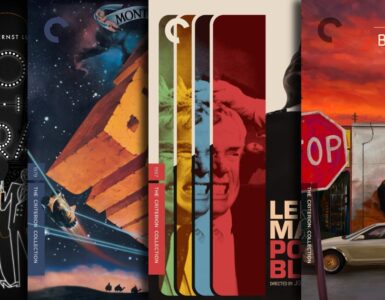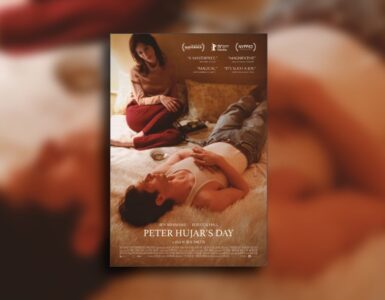Is going out to the movie theater a thing in the past? If the film studios and the FCC get their way, the answer will be a resounding… maybe. It’s just been reported that the FCC will allow studios to send first run films directly to consumer’s homes over secure TV lines. This is big news in the entertainment industry, considering how the whole business model has changed in the last couple of years, with streaming coming up as the choice to partake in personal entertainment.
Nikki Finke is reporting that the FCC has allowed a request by the MPAA to permit recent movies to be sent directly to households over a secure high definition transmission line from their cable or satellite providor prior to their release on DVD and Blu-Ray. But does this spell an end to theater chains?
Personally, it will hurt the theaters and DVD/Blu-Ray sales a bit at first. But to be honest, people thought theaters would falter when TV came about and then again when VHS was the entertainment choice. Even now, with streaming and rental services like Netflix and Redbox being a normal way of life, we still have films doing phenomenally in theaters. Consider Avatar as a recent example. The film is the number one film of all time, in a world where we have illegal piracy, streaming and rental services. It still doesn’t take away that natural awe and amazement some people still get when sitting in a theater with a few hundred strangers in a dark room.
As usual, the industry is trying new and innovative things to keep their shareholders happy with huge returns. But this won’t kill the theater industry. It will instead just widen the array of how to get your entertainment fix. I think it’s a natural evolutionary step in the industry and think this will affect more people than 3D ever will, which in part still feels like a gimmick to raise some ticket prices.
This will probably help the industry more than it would hurt it. People will still go to the movies. They’ll still buy a new DVD and Blu-Ray, because time and time again, people like options and the more there are, the happier the consumer. When you work in retail this many years, you understand how people work and while they do like some little alterations to the initial product, they will still come back to the original because that’s what they’re used to.
So Nikki Finke, I think you’re jumping the gun a bit and not realizing how the movie going public makes their purchases. Sometimes you need to sit with them a little while and work in an environment where you see people rushing in, every day, for a new DVD because that’s what they want. Or when you go to a theater to see a new film, and it sells out all night long. That doesn’t look like the industry is hurting too much. It’s just changing. And change is good.
Source: Deadline
Washington, D.C. ‘” The Federal Communications Commission (FCC), saying it was ‘in the public interest’ today approved a request by the Motion Picture Association of America, Inc. (MPAA) to permit recent movies to be sent directly to American households over secure high definition transmission lines from their cable or satellite providers prior to their release on DVD or Blu-ray.
‘This action is an important victory for consumers who will now have far greater access to see recent high definition movies in their homes. And it is a major step forward in the development of new business models by the motion picture industry to respond to growing consumer demand.’ said Bob Pisano, President and Interim CEO of the MPAA. ‘We deeply appreciate the recognition by the FCC that recently released movies need special protection against content theft when they are distributed to home televisions.’
Specifically, the issue before the FCC was a request by the MPAA for permission to use selectable output control (SOC), which would allow televisions with digitally secure interfaces to receive high-definition content from a cable, satellite or IPTV provider, before its release on DVD or Blue-ray. Using SOC protects content because during the broadcast it essentially disables non-secure, analog outputs to avoid illegal circumvention and distribution of copyrighted material.
In its order, the FCC said: ‘On balance, this limited waiver will provide public interest benefits’“ making movies widely available for home viewing far earlier than ever before ‘“ without imposing harm on any consumers.’
‘The first, and best way to view movies will always be in movie theaters ‘“ and nothing can replace the pleasure this brings to millions and millions of people all across our country and the globe,’ Pisano said. ‘But for those people unable to make it to the theater and interested in viewing a recently released movie, thanks to the FCC, they will now have a new option. For other consumers who prefer standard, linear, on-demand or DVD or Blu-ray options, these services will be unchanged.”







1 comment